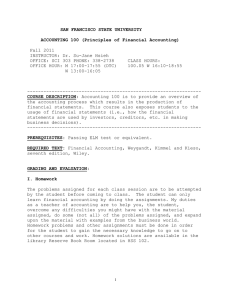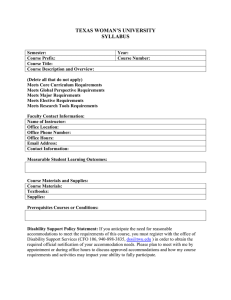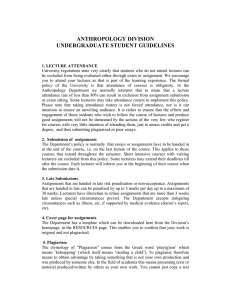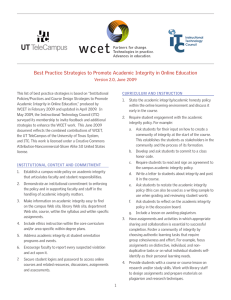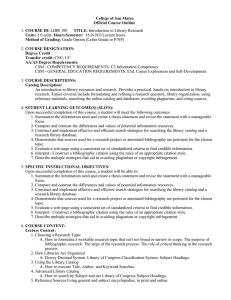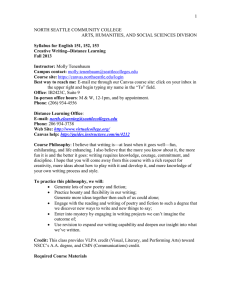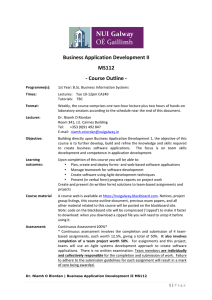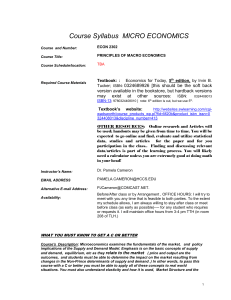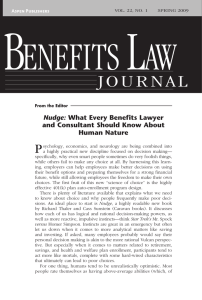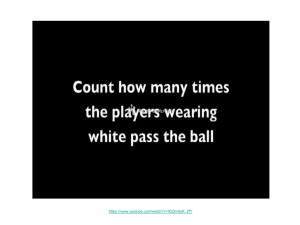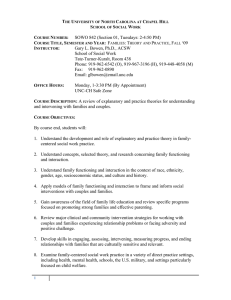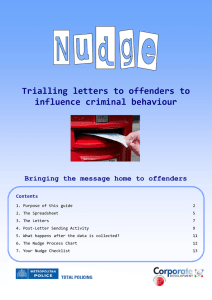SEMINAR: CONSUMER CREDIT LAW & POLICY Professor Jim Hawkins Fall 2016 Course Description
advertisement
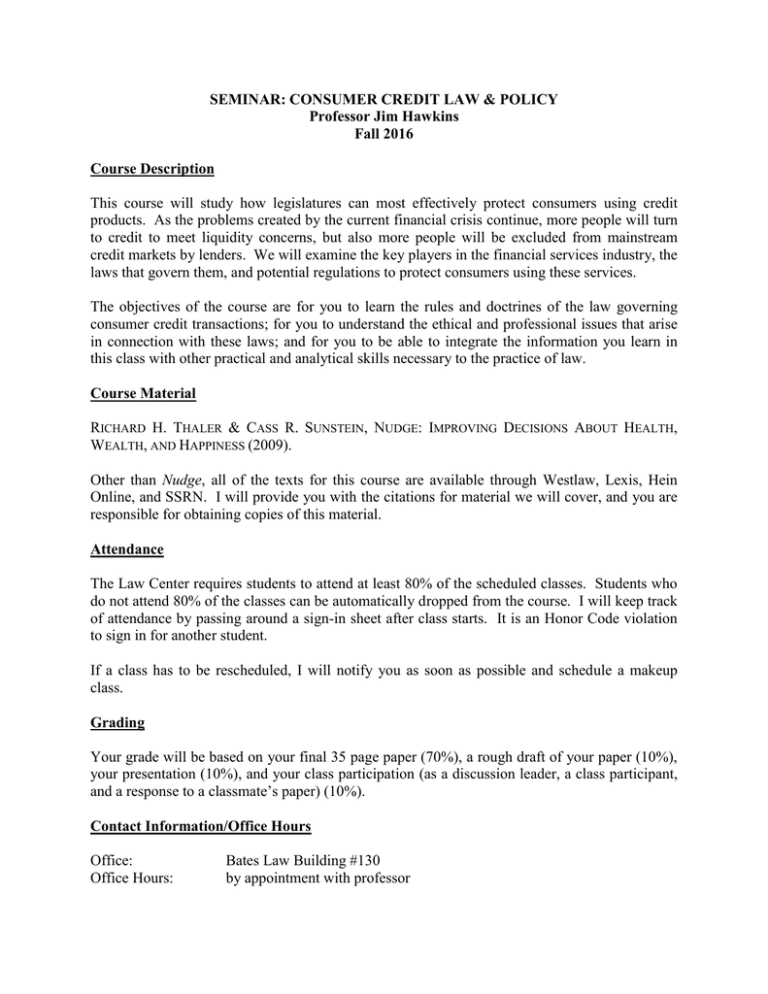
SEMINAR: CONSUMER CREDIT LAW & POLICY Professor Jim Hawkins Fall 2016 Course Description This course will study how legislatures can most effectively protect consumers using credit products. As the problems created by the current financial crisis continue, more people will turn to credit to meet liquidity concerns, but also more people will be excluded from mainstream credit markets by lenders. We will examine the key players in the financial services industry, the laws that govern them, and potential regulations to protect consumers using these services. The objectives of the course are for you to learn the rules and doctrines of the law governing consumer credit transactions; for you to understand the ethical and professional issues that arise in connection with these laws; and for you to be able to integrate the information you learn in this class with other practical and analytical skills necessary to the practice of law. Course Material RICHARD H. THALER & CASS R. SUNSTEIN, NUDGE: IMPROVING DECISIONS ABOUT HEALTH, WEALTH, AND HAPPINESS (2009). Other than Nudge, all of the texts for this course are available through Westlaw, Lexis, Hein Online, and SSRN. I will provide you with the citations for material we will cover, and you are responsible for obtaining copies of this material. Attendance The Law Center requires students to attend at least 80% of the scheduled classes. Students who do not attend 80% of the classes can be automatically dropped from the course. I will keep track of attendance by passing around a sign-in sheet after class starts. It is an Honor Code violation to sign in for another student. If a class has to be rescheduled, I will notify you as soon as possible and schedule a makeup class. Grading Your grade will be based on your final 35 page paper (70%), a rough draft of your paper (10%), your presentation (10%), and your class participation (as a discussion leader, a class participant, and a response to a classmate’s paper) (10%). Contact Information/Office Hours Office: Office Hours: Bates Law Building #130 by appointment with professor Telephone: E-mail: 713-743-5018 jrhawkins@uh.edu Please feel free to stop by my office during office hours or anytime, to e-mail me, or to set an appointment in order to discuss the class material or anything else of interest to you. Accommodation of Disabilities The University of Houston Law Center strives to assure equal access and full participation by people with disabilities. If you require services because of a disability, you may notify Sharon Nellums-Goosby, Academic Records Coordinator in the Office of Student Services, in person in room 44A TU II, by e-mail at SNellums@central.uh.edu, or by phone at 713-743-2187. This voluntary self-identification allows the University to prepare any necessary and appropriate support services to facilitate your learning. Assignments (forthcoming) Basic Guidelines for Written Assignments 1. You may not plagiarize any other work – your own, others, or things in the public domain. Consult the Student Handbook for a complete description of plagiarism. In this class, plagiarism on your final draft will result in being reported to the Honor Court and may result in the other penalties described in the Student Handbook. 2. Your work must be on paper with 1 inch margins, in Times New Roman 12-point font, and double spaced. 3. Any assignment turned in after the due date and time will be severely punished, including possibly being failed and certainly having your grade lowered. No excuses will be accepted except in the most extreme circumstances and then only with authorization from Dean Tennessee. 4. All assignments must use proper Bluebook citation formats. 5. You may not get any help with your assignments without approval from Prof. Hawkins. For instance, your roommate cannot proof read the assignment for you. It must be solely your work without prior approval.



